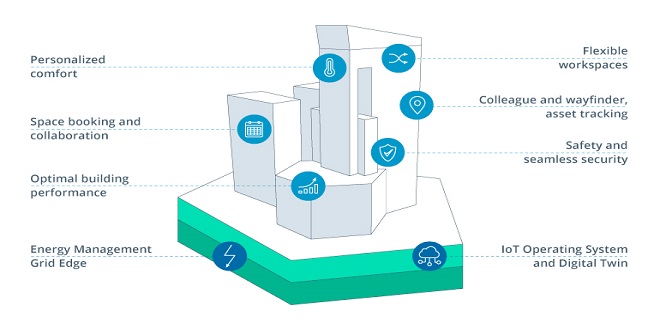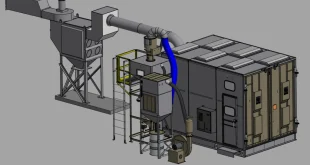When it comes to asset maintenance and upkeep, facility managers have a very huge role to play. From ensuring that the functionality, comfort, and even the safety of both the outdoor and indoor environment of your most valuable assets, such as buildings and other property, is preserved, facility managers are very crucial to your assets’ sustenance.
With the introduction of more smart buildings with automated elements, it has become a lot easier for facility managers to plan, visualize, and oversee the safety of buildings. This incorporation of the Internet of Things (IoT) is a technological advancement that has been around for over a decade and is not going anywhere anytime soon.
If you’re curious as to how these smart technologies enhance the performance of facility managers, allowing them to carry out their responsibilities with ease, then keep reading.
5 Benefits of Intelligent Facility Management
More Automated Processes
Facility Managers typically spend a great deal of time monitoring and managing buildings, but with more automated processes and building elements, facility managers are now able to carry out their responsibilities within the shortest time possible without compromising the quality of their work.
Smart buildings have basic elements such as heating, cooling, and lighting which are automated. This not only allows a new level of comfort for homeowners but much more for the facility managers. They can now conveniently monitor both indoor and outdoor environmental conditions, including temperature and humidity levels.
Intelligent Facility Maps
Another amazing benefit of intelligent facility management for facility managers is the ease at which they can now oversee the safety of buildings using intelligent facility maps. With sensors, alarms, and cameras integrated with buildings, facility managers can have a swift sense of indoor happenings.
The integration of sensors, in particular, gives facility managers easier access to data about the indoor or outdoor environment.
With this, they can make the necessary decisions and adjustments a lot faster. Sensors also facilitate building maintenance and asset management, allowing the whole process to become more efficient.
Proper Space Utilization
Part of the responsibilities of facility managers is improving the overall space utilization and space quality of a building to up-level the comfort of their clients.
With intelligent facility management tools, facility managers can plan for more effective space utilization. Occupancy data, the frequency with which certain areas are used, can be conveniently obtained and incorporated into space planning using facility mapping technologies. This would allow the facility manager to understand occupancy movement through the property and the results that the existing layout yields.
Building Information Technology (BIM)
Although this is a primary tool used by architects and civil engineers, BIM is now more and more becoming a fantastic technology that makes facility management a lot easier. This highly intelligent technology allows digital models of physical buildings to be created, allowing facility managers to be able to conveniently manage, organize, and determine the exact location of assets.n
Intelligent Facility Management has caused a radical shift and upgrade in the facility management career and is not going anywhere anytime soon.





